Walmart Goes MAHA
Biggest Grocery Chain in America Hands MAHA a Mega Win
By Catherine Ebeling, Contributor, The MAHA Report
Earlier this week, MAHA landed a stunning victory in its fight to clean up our food supply. Walmart, the largest grocer in the United States, announced sweeping reforms that, by January 2027, will remove all synthetic food dyes and 30-plus other artificial additives from every one of Walmart’s U.S. private-label food brands.
Walmart holds the largest market share of the U.S. grocery market, with a whopping 21% – and 2025 revenue projected to top $680 billion.
The mega-grocer’s MAHA-friendly transformation will apply to Walmart’s private label products sold under Great Value, Marketside, Freshness Guaranteed, and Bettergoods brands, which make up the biggest share of Walmart’s shelf space. According to Walmart, nearly 90 percent of its private-brand foods are already dye-free, with the rest scheduled for reformulation over the next two years. But this list of banned additives goes way beyond dyes, signaling a “clean label” mandate for Walmart’s store brands.
What Additives Are Being Banned
Walmart’s list of dyes and additives being removed reads like a MAHA mamma’s hit list.
It includes:
Synthetic dyes: FD&C Blue 1 and 2, Green 3, Red 3, 4, and 40, Yellow 5 and 6, Citrus Red, Orange B, and canthaxanthin.
Processing aids and preservatives: azodicarbonamide, morpholine, propylene oxide, parabens, potassium bisulfite.
Coloring and texturizing agents: titanium dioxide, talc, sodium ferrocyanide, bromated flour and potassium bromate.
Artificial sweeteners: neotame (Newtame) and Advantame
Walmart’s Healthy Moves
In April of this year, the FDA and the MAHA movement celebrated plans to phase out petroleum-based food dyes nationwide, citing links to behavioral problems in children. The HHS and the MAHA movement banned Red Dye No. 3 from food and supplements earlier this year.
California’s 2023 Food Safety Act had previously set a January 2027 deadline to remove Red Dye 3, brominated vegetable oil, potassium bromate, and propylparaben from all foods sold in the state. But rather than create costly state-specific formulas, big national brands and retailers are bowing to the consumer pressure and reformulating their products across the board,
Consumer advocates have been pushing for this reform for several years. Research has consistently shown that certain dyes can worsen hyperactivity and behavioral issues in children, while other additives like bromates and titanium dioxide increase cancer risks for children, according to the Center for Science in the Public Interest, 2024.
A Sign of the Times
This is not Walmart’s first step in a healthier direction. The wholesale arm of Walmart, Sam’s Club, has already removed most synthetic colors and controversial chemicals from its own Member’s Mark line, reaching 96 percent compliance this year. The retailer is using that same model to guide its grocery aisles.
So far, the scope is limited to Walmart’s own private-label products. National brands sold in Walmart stores are not obligated to follow suit, though Walmart’s market dominance may put pressure on other brands to similarly reformulate.
What Shoppers Will Notice
For the average Walmart shopper, the change may be subtle. A box of cereal or a package of cookies might look the same and taste the same, but the ingredient list will definitely be shorter and cleaner.
Instead of “Red 40” or “Yellow 6,” labels will show natural colorants like beet juice or paprika extract, and many of the complicated chemical ingredients will be absent as well.
And for many cost-conscious consumers, Walmart insists that prices will not go up as a result of the shift. By 2027, the largest grocer in the U.S. will have redefined the ingredients for what “normal food” contains.
A Massive Shift Toward Clean Food
Walmart’s announcement marks a tipping point in the food industry—federal policy, state bans, and consumer demand are finally forcing companies to drop additives once considered ‘safe.’ Even Walmart admits, “The future of food retail is about using ingredients customers know and trust.”
For MAHA and Health and Human Services Secretary, Robert F. Kennedy Jr., this is clear proof that pressure works. When the nation’s largest grocer agrees to clean house, it creates a major shift in how food will be made and sold in America – and inspires everyone to take notice. For millions of families, this is more than progress: it’s a huge victory for the MAHA movement, fighting with all its grit to make America healthy again.


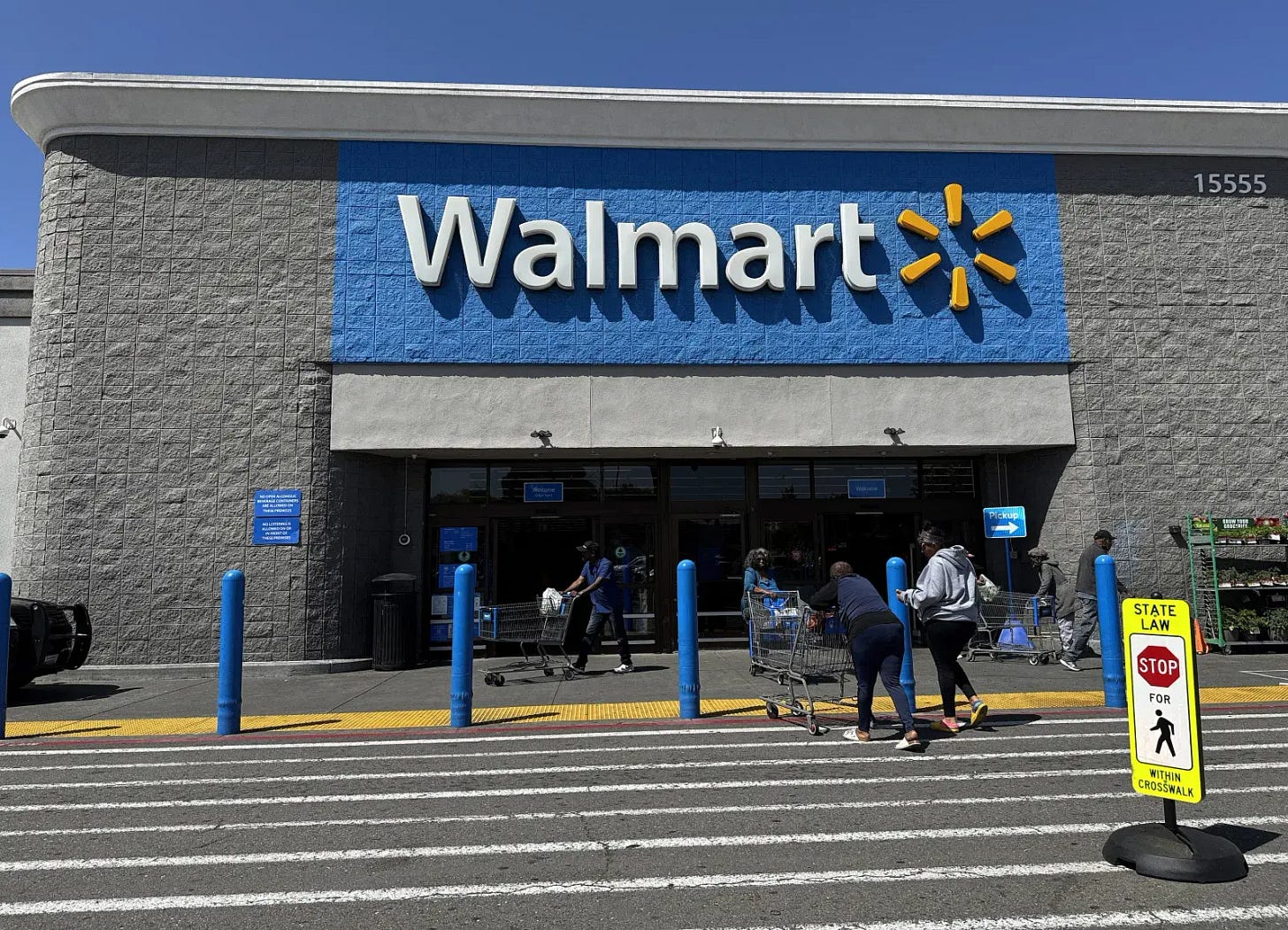
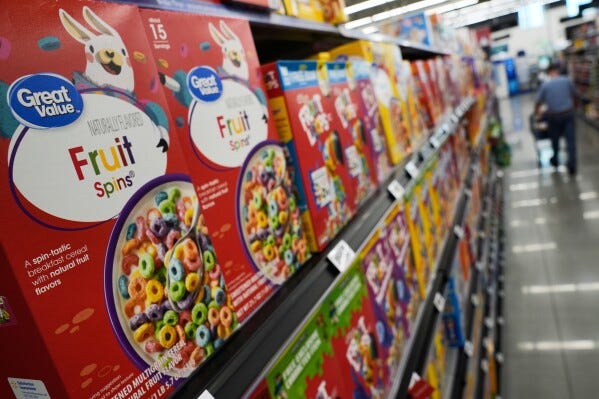
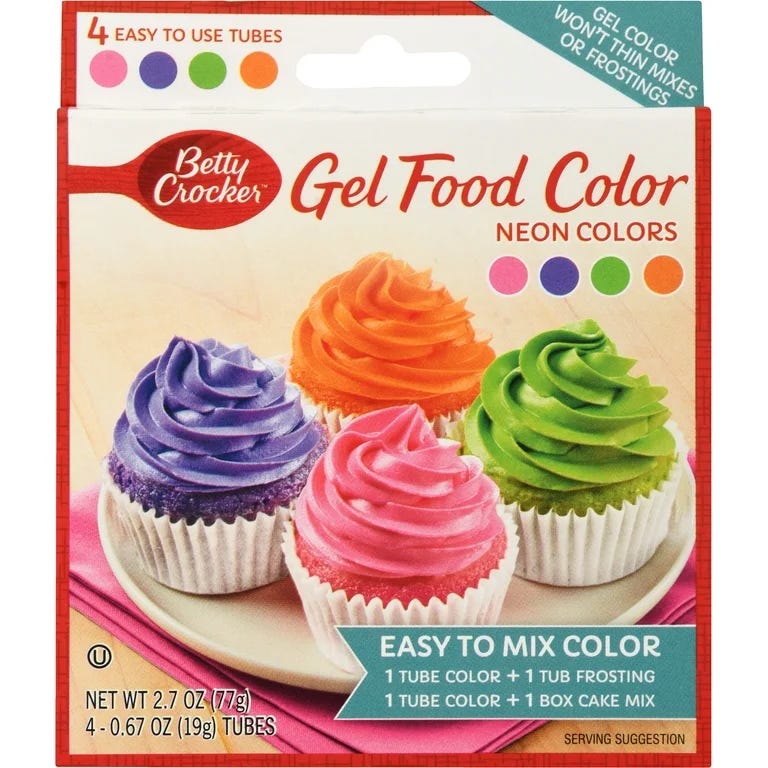
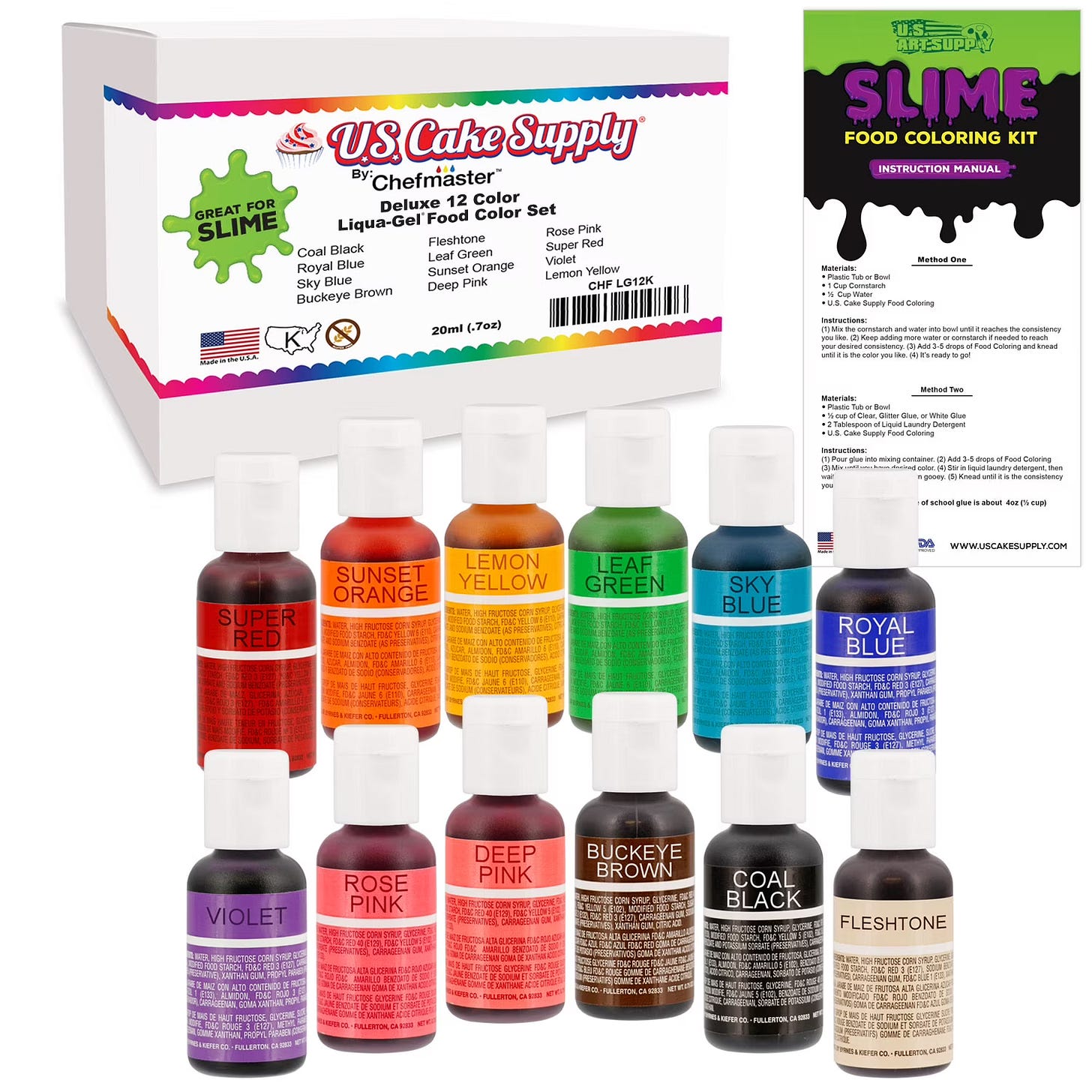

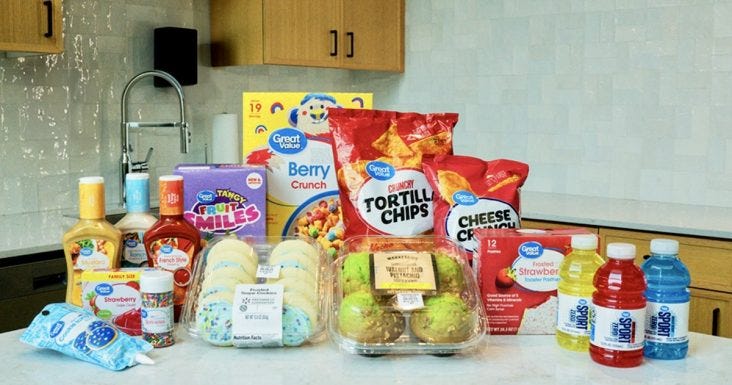
This is a great start & good news! Hope they stay true to these changes and keep evolving and working with holistic, organic farms! Would be nice to see more sweeteners like stevia or other non-chemical sweeteners rather than sorbitol and aspartame (which is in most sweet foods). Also address the seed oils with other healthy options like coconut, avacado, olive etc. non-processed oils & definitely ban all hydrogenated oils! I am excited & praying for more positive options!
We have to be grateful for anything we get.... too bad they didn't hear the part where RFK talked about seed oils.